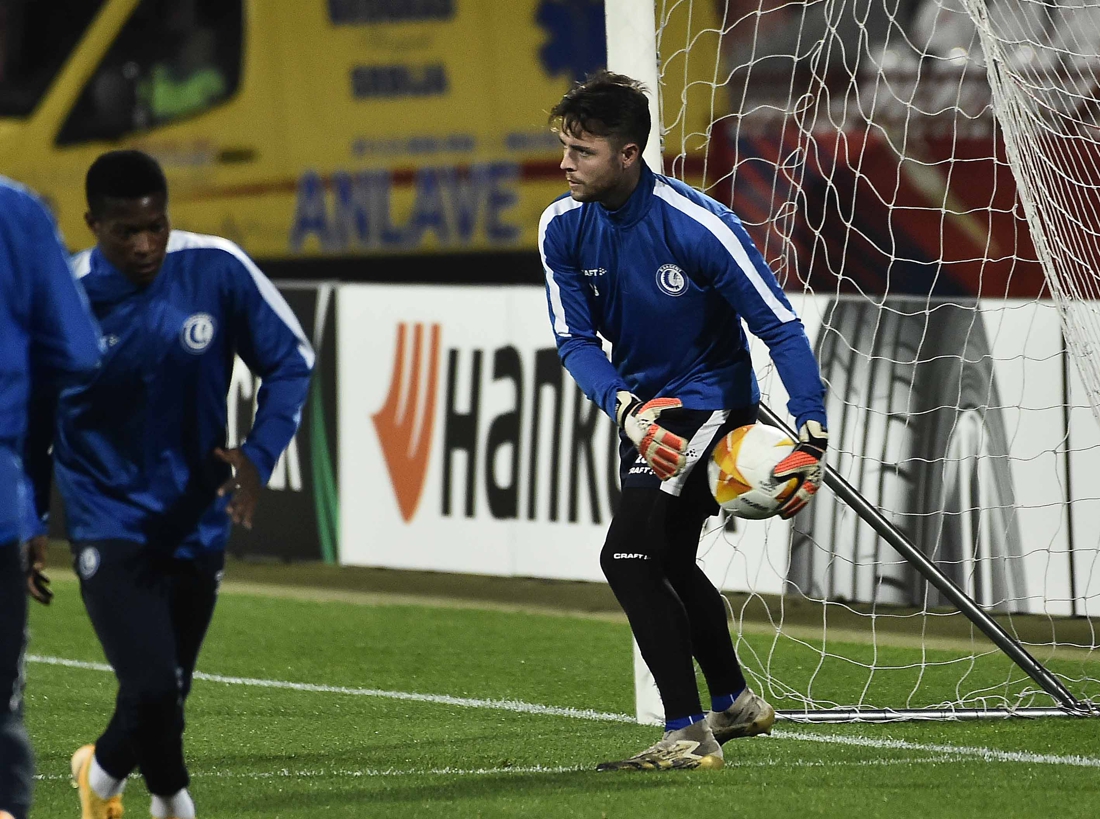Jakarta (ANTARA) – Pneumonia can affect people of all ages, from children to the elderly, with symptoms often mistaken for the common cold or cold, such as fever, cough and loss of appetite.
In fact, according to the Head of the Coordinating Work Unit (UKK) of Indonesian Pediatrician Association (IDAI) Respirology, Dr.dr. Nastiti Kaswandani, apart from these symptoms, sufferers can also experience shortness of breath. Then, different from colds or flu, the sufferer’s breath can appear very fast than usual.
“Suspect pneumonia if the symptoms persist, (namely) a fever for 2-3 days. Another important sign of a child is that he is breathing faster than usual, shortness of breath,” he said in a statement. talk show virtual theme “Save Children from the Danger of Pneumonia in Pandemic Period”, Thursday.
Also read: WHO added cases of pneumonia similar to Kazakhstan’s corona to the COVID-19 data
Nastiti said, when symptoms like this appear, immediately take the patient to the hospital to get early help and save his life.
Pneumonia occurs due to inflammation of the air sacs (alveoli) in the lungs due to bacterial, viral and fungal infections but the most common is bacterial Streptococcus pneumoniae (pneumococcus), causing the air pocket to fill with fluid and pus.
As a result, apart from having difficulty breathing, sufferers can also experience a variety of serious complications ranging from lung abscesses, blood infections or sepsis, organ failure to death. The course of these symptoms usually lasts less than 14 days.
“The lung is an important organ for oxygen exchange. If there is a disturbance in the lung tissue, it is filled with inflammatory cells, the oxygen exchange function can be disturbed and the child will be deprived of oxygen. If not treated it can cause death,” said Nastiti.
Also read: Recognizing pneumonia or lung infection
Bacteria pneumococcus itself moves through the air, for example when coughing or sneezing, blood or contaminated surfaces. To protect yourself from this bacterial infection, the application of clean living habits including washing hands with soap and maintaining the body’s immune system is of key importance.
In addition, it could also be PCV immunization (pneumococcal conjugate vaccine). This immunization can be given to toddlers under 2 years of age to seniors over 50 years of age and to determine the right immunization schedule, you need to consult a doctor first.
Director of Prevention and Control of Direct Communicable Diseases, Ministry of Health of the Republic of Indonesia, dr. Siti Nadia Tarmizi said that the government is committed to preventing children in Indonesia from dying from a special pneumonia disease.
Also read: China warns its citizens in Kazakhstan about the deadly pneumonia
For this reason, monitoring of pneumonia cases in children found in successful clinics, clinics and hospitals continues to be carried out, while intervening in cases, so that they do not become extraordinary events (KLB).
“Do not let pneumonia outbreaks, immediately find early cases of pneumonia through tools Integrated Management of Sick Toddlers (MBTS) to detect pneumonia early in health care facilities, “he said.
In addition, Nadia also appealed to parents to pay attention to the nutritional quality of their children from the time they are in the womb so that the child is born with adequate birth weight and fulfills the immunization schedule.
Malnutrition, children born underweight, not getting exclusive breastfeeding, plus incomplete immunization and exposure to cigarette smoke are known risk factors for a person, including children developing pneumonia.
Also read: Four steps to prevent pneumonia in the elderly
Also read: Four facts that parents should know about childhood pneumonia
Reporter: Lia Wanadriani Santosa
Editor: Suryanto
COPYRIGHT © BETWEEN 2020
–


